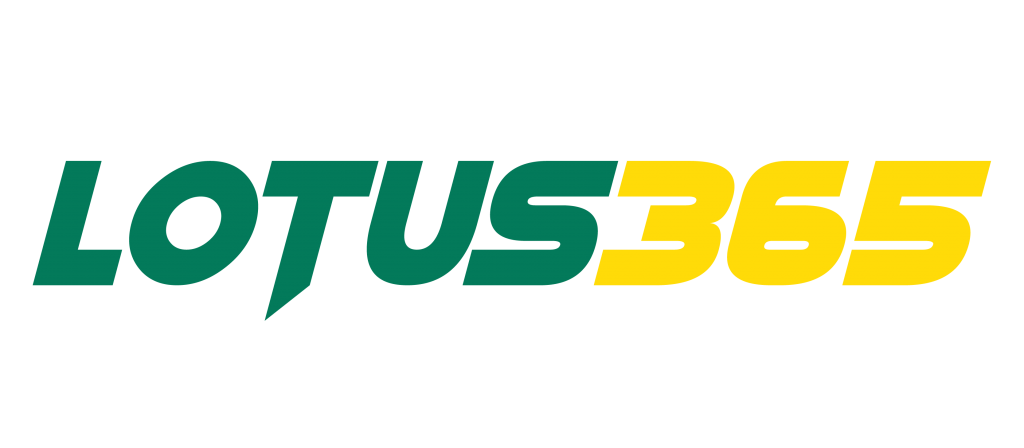Lotus 365: Who Owns It Now?
The Legacy of Lotus: A Brief History
Lotus Development Corporation revolutionized the business world in the 1980s with Lotus 1-2-3, a spreadsheet program that became an industry standard. This innovation paved the way for a suite of productivity tools, establishing Lotus as a major player in the software landscape. Understanding this history is crucial when discussing the current state of Lotus 365 and tracing its complex ownership journey.
From Pioneering Software to Modern Questions of Ownership
The name Lotus evokes a sense of reliability and innovation for many. However, the company as it once was has undergone significant transformations. The question of who currently owns Lotus 365 is a common one, and the answer is surprisingly layered, reflecting the dynamic nature of the tech industry.
Why the Question of Lotus 365 Ownership Matters
Knowing the current owner impacts user confidence, support expectations, and the potential future direction of the software. Changes in ownership can lead to shifts in product development, service levels, and overall strategy, which directly affect those who rely on Lotus 365 daily. Furthermore, the recent shifts have sparked interest in related online gaming platforms, with searches for terms like aviator game 1xbet download and 55 ace aviator game download increasing alongside inquiries about Lotus 365.
Understanding Lotus 365 – What Is It?
Lotus 365 vs. Original Lotus 1-2-3: Clarifying the Name
It’s important to distinguish Lotus 365 from the original Lotus 1-2-3. While built upon the foundation of its predecessor, Lotus 365 is a cloud-based contact center solution. It is not simply an updated version of the spreadsheet software, but a completely different product targeted at a different market.
Key Features and Functionality of Lotus 365
Lotus 365 offers a comprehensive suite of tools for managing customer interactions, including omnichannel routing, workforce optimization, and real-time analytics. Its core strength lies in providing businesses with a unified platform to handle calls, emails, chats, and social media communications, improving customer service and agent productivity.
Target Audience and Applications: Who Uses Lotus 365?
The primary target audience for Lotus 365 is medium to large-sized businesses, particularly those with substantial customer service operations. It’s commonly used in industries like banking, healthcare, and retail, where efficient and personalized customer interactions are paramount. The need for robust customer service solutions is ever-present, even as users explore entertainment options like the aviator game 1xbet download.
The Journey of Ownership: A Timeline
Lotus Development Corporation – The Beginning
Founded in 1980, Lotus Development Corporation quickly rose to prominence with Lotus 1-2-3. The company enjoyed a period of rapid growth and innovation, becoming a symbol of the personal computer revolution.
IBM’s Acquisition of Lotus: A New Era
In 1995, IBM acquired Lotus Development Corporation for a substantial sum. This acquisition was intended to strengthen IBM’s position in the software market and integrate Lotus’s productivity tools with IBM’s hardware and services.
The Sale to Five9: The Turning Point
In 2018, IBM sold Lotus’s customer engagement solutions, including what would become known as Lotus 365, to Five9, a leading provider of cloud contact center software. This marked a significant turning point, shifting the product's focus entirely to the cloud. The lotus 365 owner name at this time was Five9.
Five9’s Strategic Shift & Subsequent Divestment
Five9, however, later decided to divest from certain components of the acquired business, including Lotus 365. This decision was driven by a strategic shift to focus on its core cloud contact center offerings. This led to further changes in the lotus 365 news surrounding its ownership.
Current Ownership: Who Owns Lotus 365 Today?
Private Equity and the Current Owner: Artisan Partners
As of late 2023, Lotus 365 is currently owned by Artisan Partners, a global investment firm specializing in private equity. This acquisition represents a new chapter for the software.
Artisan Partners’ Investment Strategy & Portfolio
Artisan Partners focuses on acquiring and growing companies with strong market positions and growth potential. Their portfolio includes a diverse range of businesses across various industries. Their investment in Lotus 365 signals their belief in the long-term value of the contact center solution.
Implications of Private Equity Ownership for Lotus 365’s Future
Private equity ownership often brings a focus on operational efficiency and profitability. This could lead to increased investment in product development, expansion into new markets, or potential future sale or acquisition. It's important to note that interest in online gaming, such as through a 55 ace aviator game download, doesn't diminish the need for robust business solutions like Lotus 365.
Impact of Ownership Changes on Users & Product Development
Service Disruptions & Concerns During Transitions
Ownership transitions can sometimes lead to temporary service disruptions or uncertainty for users. Businesses relying on Lotus 365 have understandably expressed concerns during these periods of change.
Ongoing Support & Maintenance Under New Ownership
Artisan Partners has committed to providing ongoing support and maintenance for Lotus 365. They recognized the importance of a seamless transition for existing customers.
Future Development & Roadmaps: Expectations for Lotus 365
The future development roadmap for Lotus 365 under Artisan Partners remains to be fully unveiled, but initial indications suggest a continued focus on cloud-based innovation and integration with other business systems.
Alternatives to Lotus 365: Considering Other Options
While Lotus 365 continues to be a viable solution for many, businesses are always evaluating alternatives. Competitors in the contact center space include Genesys, NICE inContact, and Talkdesk.
The Future of Lotus 365
Lotus 365 in the Context of the Cloud Communications Market
The cloud communications market is experiencing rapid growth, driven by the increasing demand for flexible, scalable, and cost-effective solutions. Lotus 365 is well-positioned to capitalize on this trend, offering a comprehensive suite of features and functionality.
Potential for Further Sales or Acquisitions
Given the dynamic nature of the tech industry, the possibility of further sales or acquisitions of Lotus 365 cannot be ruled out. Artisan Partners may eventually seek to exit their investment through a strategic sale to another larger player. The lotus 365 owner name could change again.
Long-Term Viability: Is Lotus 365 Here to Stay?
The long-term viability of Lotus 365 depends on its ability to innovate, adapt to changing market conditions, and maintain a strong customer base. With the backing of Artisan Partners and a continued focus on cloud-based solutions, Lotus 365 has a good chance of remaining a relevant player in the contact center market.
Conclusion
Recapping the Ownership History
From its origins with Lotus Development Corporation to its acquisition by IBM, then Five9, and finally Artisan Partners, the ownership history of Lotus 365 is a testament to the ever-changing landscape of the technology industry.
Key Takeaways for Lotus 365 Users
For Lotus 365 users, the key takeaway is that the software remains supported and is under new ownership with a commitment to its future. Staying informed about lotus 365 news and updates from Artisan Partners is crucial.
Where to Find More Information and Support
Users can find more information about Lotus 365 and access support resources through the official Artisan Partners website and related channels. While exploring options like the aviator game 1xbet download for leisure, remember that reliable business tools like Lotus 365 are essential for professional success.


